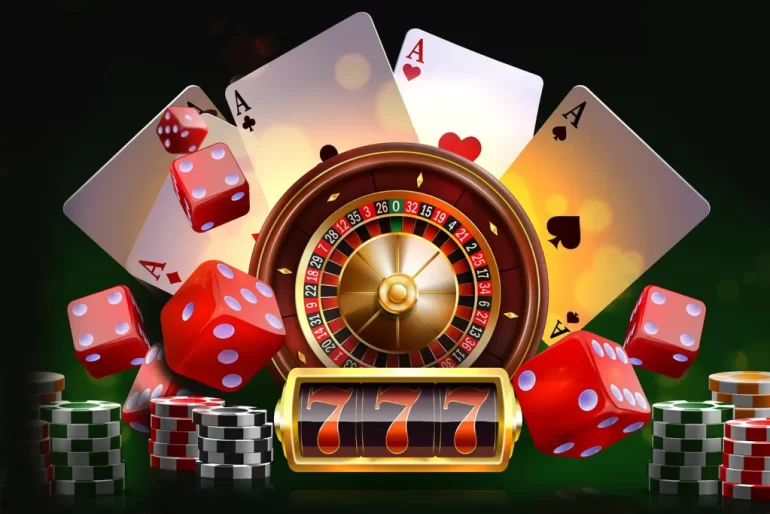The history of gambling is as old as humanity itself. From dice games in ancient Rome to the first slot machines in 1930s Las Vegas – humans have always sought the thrill. With the advent of the Internet, a completely new chapter of this fascinating story began.
A Look into the Past
1994 marked a turning point: the Caribbean island of Antigua and Barbuda passed the “Free Trade and Processing Act” – the first law that enabled online gambling licenses. What sounded revolutionary at the time was the starting signal for a digital revolution. The first online casinos were downright primitive by today’s standards: slow connections, pixelated graphics, and frequent system crashes were commonplace.
Interesting historical facts:
In 1996, there were only 15 online casinos worldwide The first games were simple poker variants Payments were mainly processed via bank transfer The average loading time for a game was 3-5 minutes
The Digital Boom
The turn of the millennium brought the big breakthrough. With improved internet technology and the introduction of secure payment systems, the market literally exploded. A particularly interesting detail: in 2002, the online gambling market exceeded the billion mark for the first time – a milestone that nobody thought possible at the time.
Security development timeline:
1994: First SSL encryption
1998: Introduction of the first e-wallets
2004: Implementation of RNG certifications
2010: Blockchain revolution begins
2015: Biometric authentication
2020: AI-powered fraud detection
The Human Factor
The technical evolution of player protection shows a remarkable history of innovation. The development of the first automatic self-exclusion system in 1999 marked a turning point – born from a deep understanding of personal experiences and the desire to effect positive change.
Cultural Perspectives:
The Scandinavian countries took a pioneering role in player protection with the introduction of a national player registry in 2001. The Asian region revolutionized security standards through innovative facial recognition, while German casinos set new standards in financial security through well-thought-out deposit limits.
Practical Protection Measures Today:
Artificial intelligence now analyzes player patterns with the highest precision and identifies problematic behavior early on. Professional psychological counseling is available around the clock. Automatic game break systems ensure necessary reflection phases. Players support each other in special support networks.
Innovative Security Concepts
The massive reduction in fraud rates from 4% in the 1990s to less than 0.1% today demonstrates the efficiency of modern security technologies. This development impressively shows how technological progress makes the gaming experience safer, which platforms like robocatcasino appreciate.
Current Security Trends:
Encryption technology is already preparing for the quantum computing era. Biometric systems capture individual behavioral patterns. Identity verification takes place via decentralized networks. Risk analyses run permanently in the background and ensure maximum security.
Cultural Evolution
The transformation of the gambling industry reflects a profound social change. The first international conference for responsible gambling in 1997, with only 12 participants, laid the foundation for a global dialogue that today unites over 3,000 experts.
Future Perspectives
Virtual reality will revolutionize the gaming experience – with integrated security systems at the highest level. Biometric access systems will become even more precise. Emotion recognition enables early intervention in problematic gambling behavior. International databases optimize cross-border player protection.
Security Recommendations:
Thorough research of the casino’s history builds trust. Current security certificates guarantee high standards. Modern payment methods provide additional security. Activating all available protection functions maximizes personal security.
Conclusion
The history of online casinos is an impressive journey from uncertain beginnings to the highest security standards. What began with simple encryption has evolved into a complex ecosystem that perfectly combines entertainment and security.
The lesson from 30 years of online gambling is clear: only those who learn from the past and drive innovation can shape a secure future. The balance between gaming fun and security remains the biggest challenge – a challenge that the industry faces anew every day.






